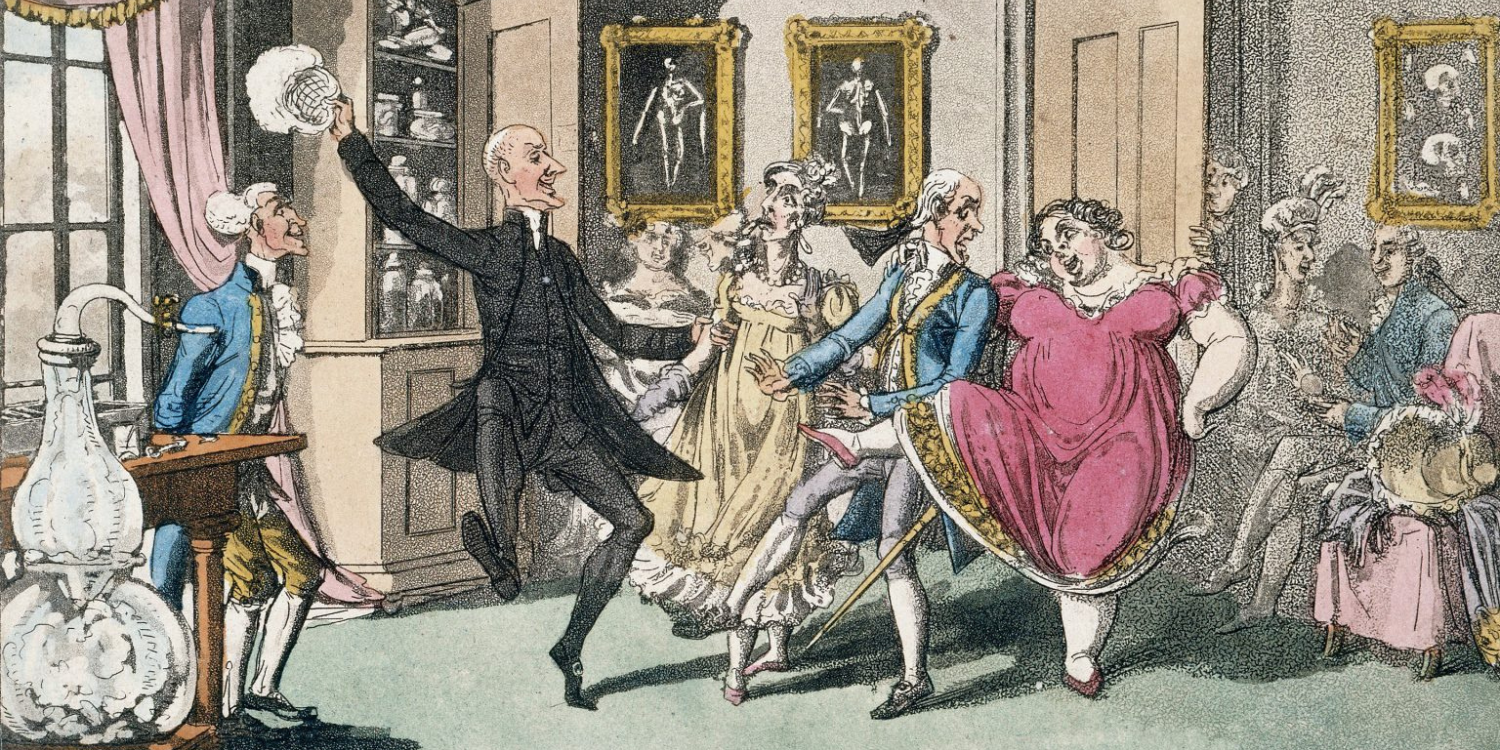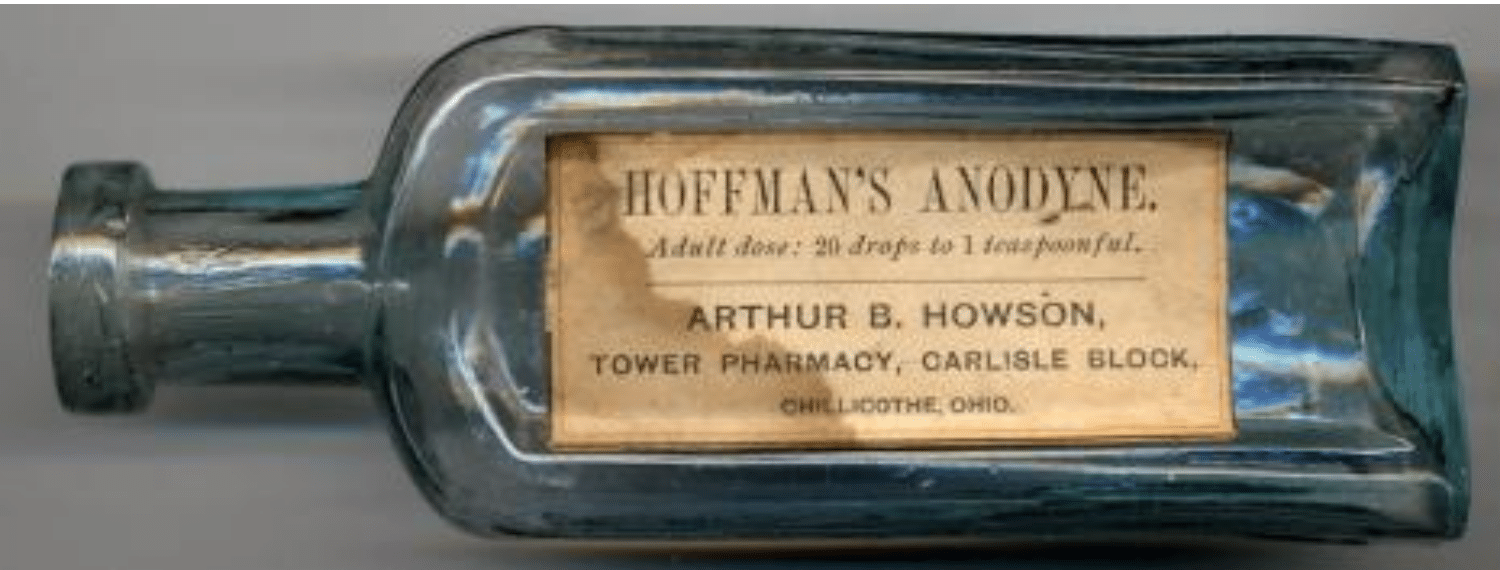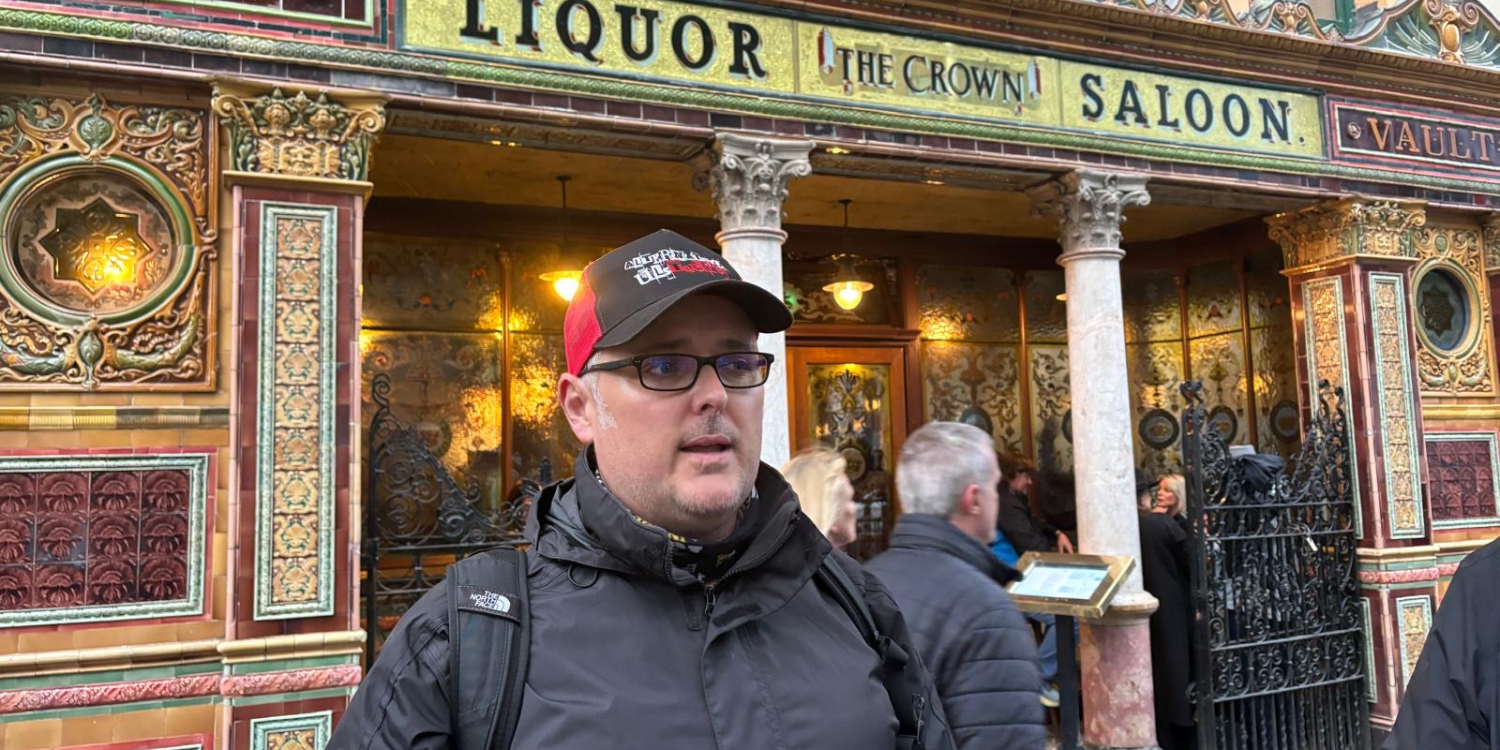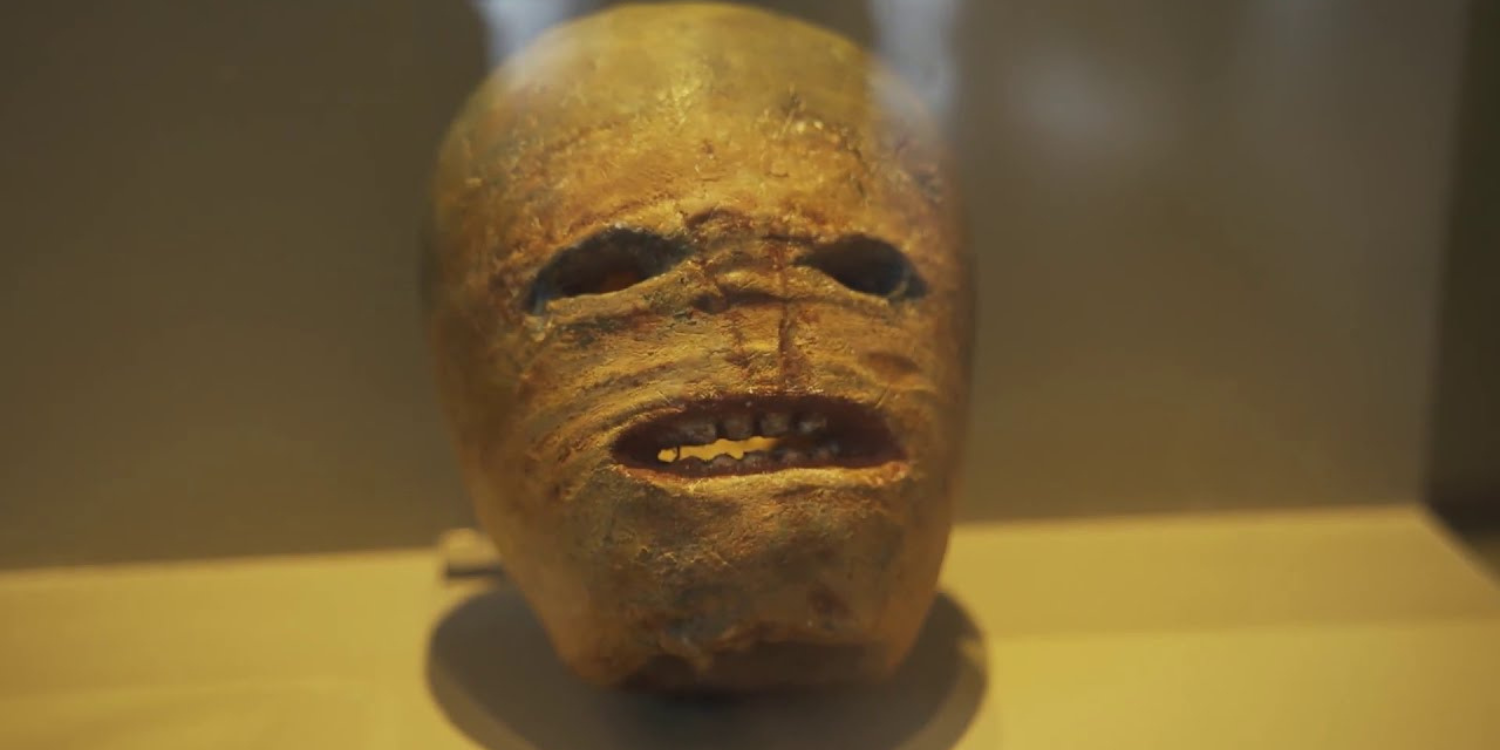As far back as the 16th century the Irish and the British, along with the rest of western Europe, were known for drinking a fair bit of alcohol. And thanks to improving trade routes, we could get our hands on some tasty beverages too.
Drinking large quantities of beer, wines and spirits was common amongst the upper classes back then. One Irish lord was advised by his friends to confine himself to just three pints of wine per night, rather than ‘bumping away with a gallon’.
The excuses for our high intake of alcohol ranged from ‘a lack of drinkable piped water’ to ‘the expense of tea and coffee’.
While the Irish and the Scots preferred whiskey, on the continent the spirits of choice were akvavit, schnapps and gin. And many of the monasteries across Europe were also home to some of the finest master brewers of beer of the time. It’s little wonder they had to carry the Pope everywhere in a chair.
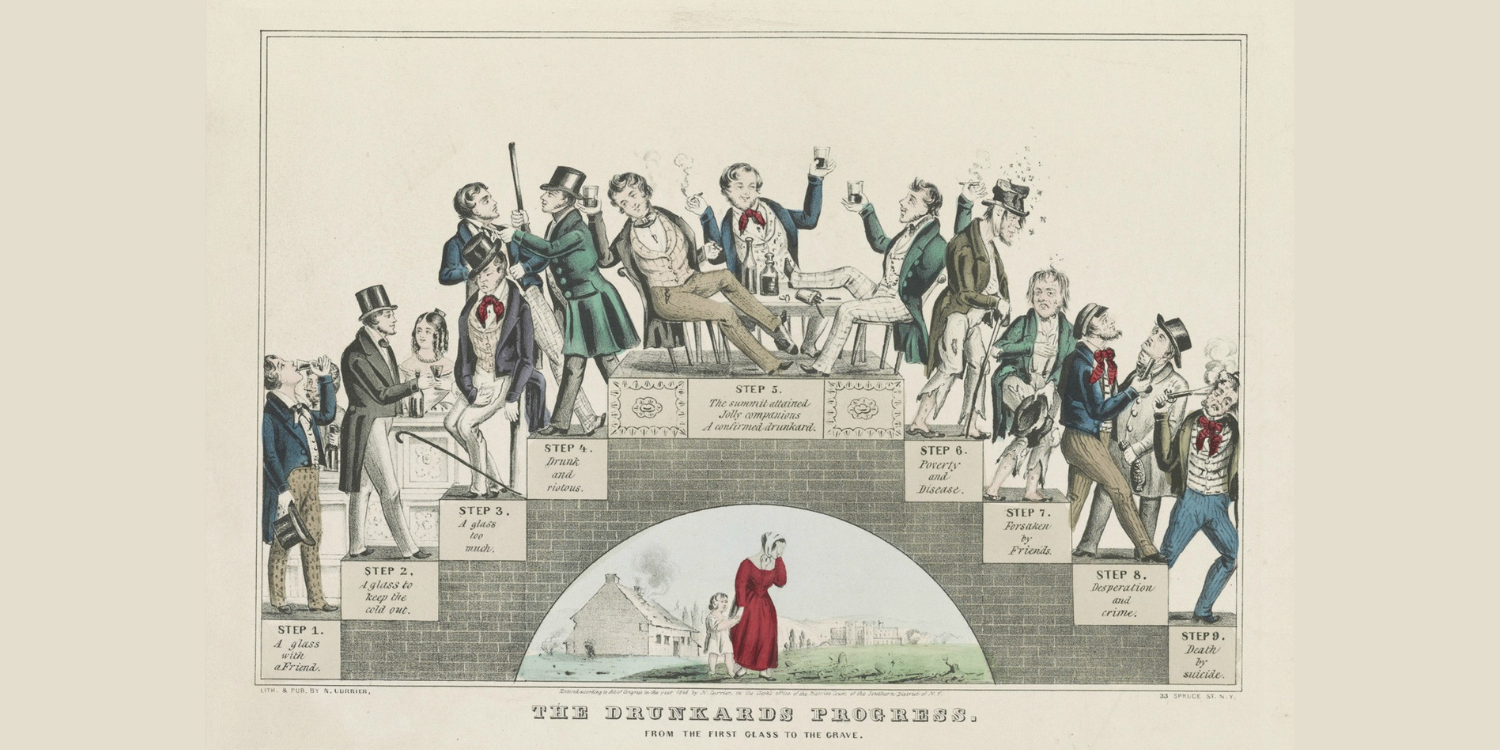
The Drunkard’s Progress by Nathaniel Currier – “from the glass to the grave”
The Temperance movement in Ireland
By the 1800s, fledgling Temperance movements were having increasing success in Ireland thanks to a few meddlesome priests such as Father Theobald Mathew who in 1838 established the Total Abstinence Society.
The combination of the puritanical drive against alcohol and the government’s determination to crackdown on illegal poteen stills led to some people resorting to drinking methylated spirits (which was a sixth of the price of whiskey), while really hardened drinkers mixed industrial alcohol with sweet tea or cheap red wine to produce a brew known as ‘hard blow’.
Etheromania!
But these people were absolute lightweights compared to a new breed of pleasure seekers who emerged in the 1840s – the magnificently named Etheromaniacs (or Dietheyl Ether Addicts, to give them their proper name).
Commercially available both as a solvent and a medicine called “Hoffmann’s Anodyne” at the time, ether’s effects are very similar to alcohol. But the big problem with drinking ether is that it turns into a gas at body temperature.
To get around this you would ‘rench your gums’ with cold water, hold your nose and take a tablespoon of ether. The water would cool your mouth and throat enough for the ether to get to your stomach in liquid form. And then things got pretty insane to be honest.
After fighting the powerful urge to vomit, you would experience violent wind – a full shot of ether could produce upwards of 10 litres of gas. And then, for ten glorious minutes, you would be hopelessly drunk.
As Hunter S. Thompson noted in ‘Fear and Loathing in Las Vegas’, “The only thing that really worried me was the ether. There is nothing in the world more helpless and irresponsible and depraved than a man in the depths of an ether binge, and I knew we’d get into that rotten stuff pretty soon”.
Rumours that he wrote this after being at a house-party in Lurgan have never been substantiated.
The good news about taking ether was that you sobered up just as quickly as you got drunk, and with absolutely no hangover! As the whole effect lasted less than 30 minutes, if you were arrested for being off your head you would be sober by the time you arrived at the police station.
The dangers of ether
Apart from the danger of your swelling stomach squeezing and stopping your heart, the main risk to an etheromaniac’s health was that the gas they produced was incredibly flammable. No doubt many addicts accidentally set themselves or others on fire, burping near a naked flame or lighting their pipe while under the influence!
By the 1880s there were up to 100,000 etheromaniacs across Ireland, consuming 17,000 gallons annually. This seems like an awful lot of ether if it only takes a spoonful to get you hammered.
Prohibition put an end to the Irish love of ether, in 1890 the government reclassified it as a poison that could only be sold by registered pharmacists. And so everyone sobered up, got proper jobs and settled down with a partner that their mothers approved of.
So let’s raise a glass to the forgotten etheromaniacs, but for god’s sake don’t light a candle for them.
